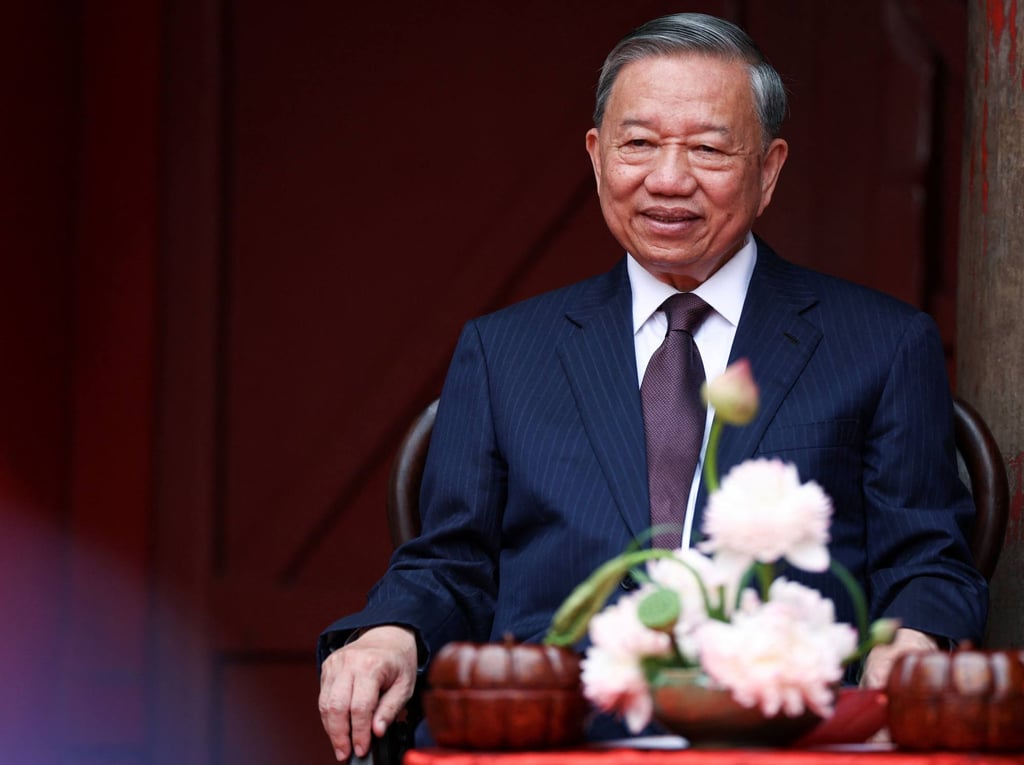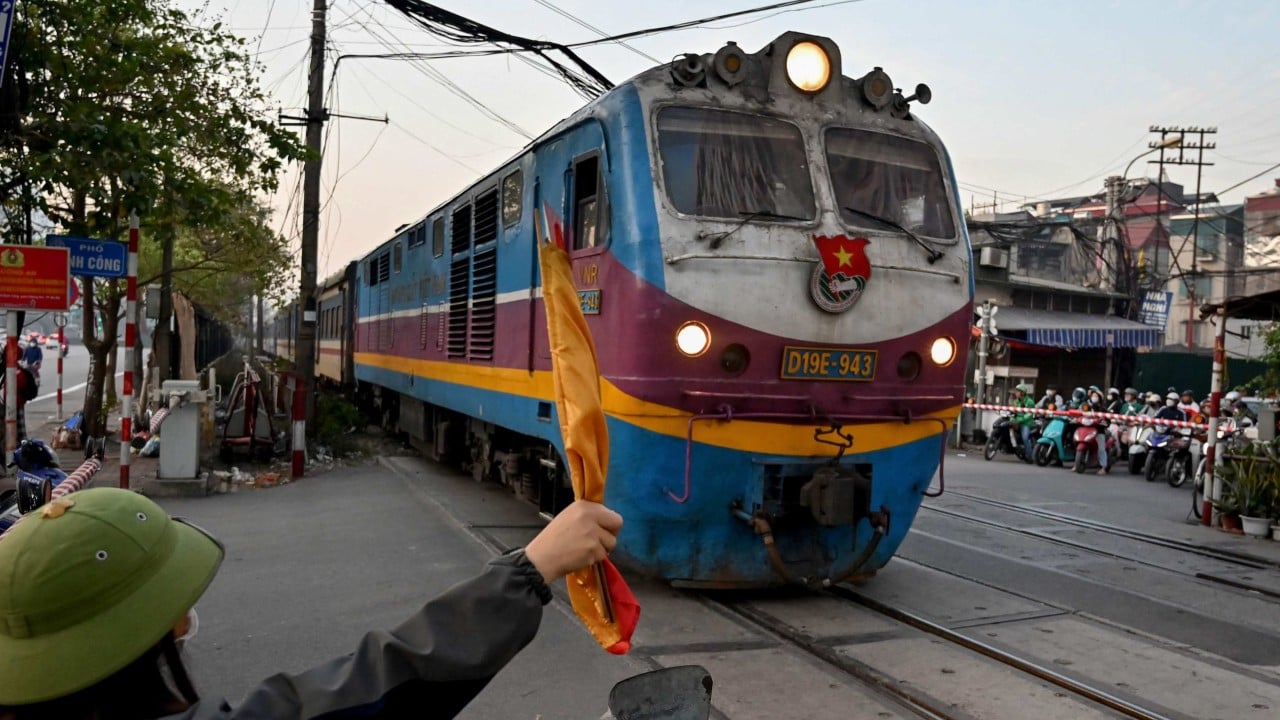Two of Vietnam’s largest conglomerates are vying to lead the country’s largest infrastructure project to date: a US$67 billion high-speed railway linking the northern capital, Hanoi, with the southern economic hub of Ho Chi Minh City.
Advertisement
Vingroup and Truong Hai Group Corporation (Thaco) have entered bids to build the more than 1,500km (930-mile) North–South high-speed rail line. But both are seeking substantial state support – either in the form of massive interest-free loans or government-backed financing.
The proposals have raised questions about the potential for cost overruns and the risk of Vietnamese taxpayers ultimately footing the bill.
Originally proposed in 2010, the high-speed rail project was rejected by the National Assembly at the time due to its prohibitive cost.
But after more than a decade of rapid economic growth, the government approved the plan in November as part of an effort to modernise Vietnam’s colonial-era railway system and propel the nation “into a new era of growth”, according to a statement from the transport minister.

The proposals, submitted last month, followed Communist Party chief To Lam’s pledge to boost the country’s private sector amid intensifying regional competition for large-scale infrastructure contracts – including from Chinese state-backed giants that dominate high-speed rail development across the Mekong region.
Advertisement

